In today’s technologically advanced world of music remotely collaborating is not uncommon, but where Icelandic artists Octal Industries and Ohm differ from other artists is that they do so seamlessly and over such a long period of time.
With outings on esteemed labels such as Thule Records, All Inn and Rawax the pairs upcoming release on Andrey Pushkarev’s Luck of Access is more than a nod to their dub techno roots. The B2 of their ‘Adaptation’ EP ‘Weather Report’ feels as though it is channelling the harsh elements often found battering the coast line of the Nordic state. The crystalline synth sweeps and ethereal pads conjure up images of their pairs Icelandic homeland, but this is not necessarily the intention as we got the chance to sit down with the pair to learn more about their production process.
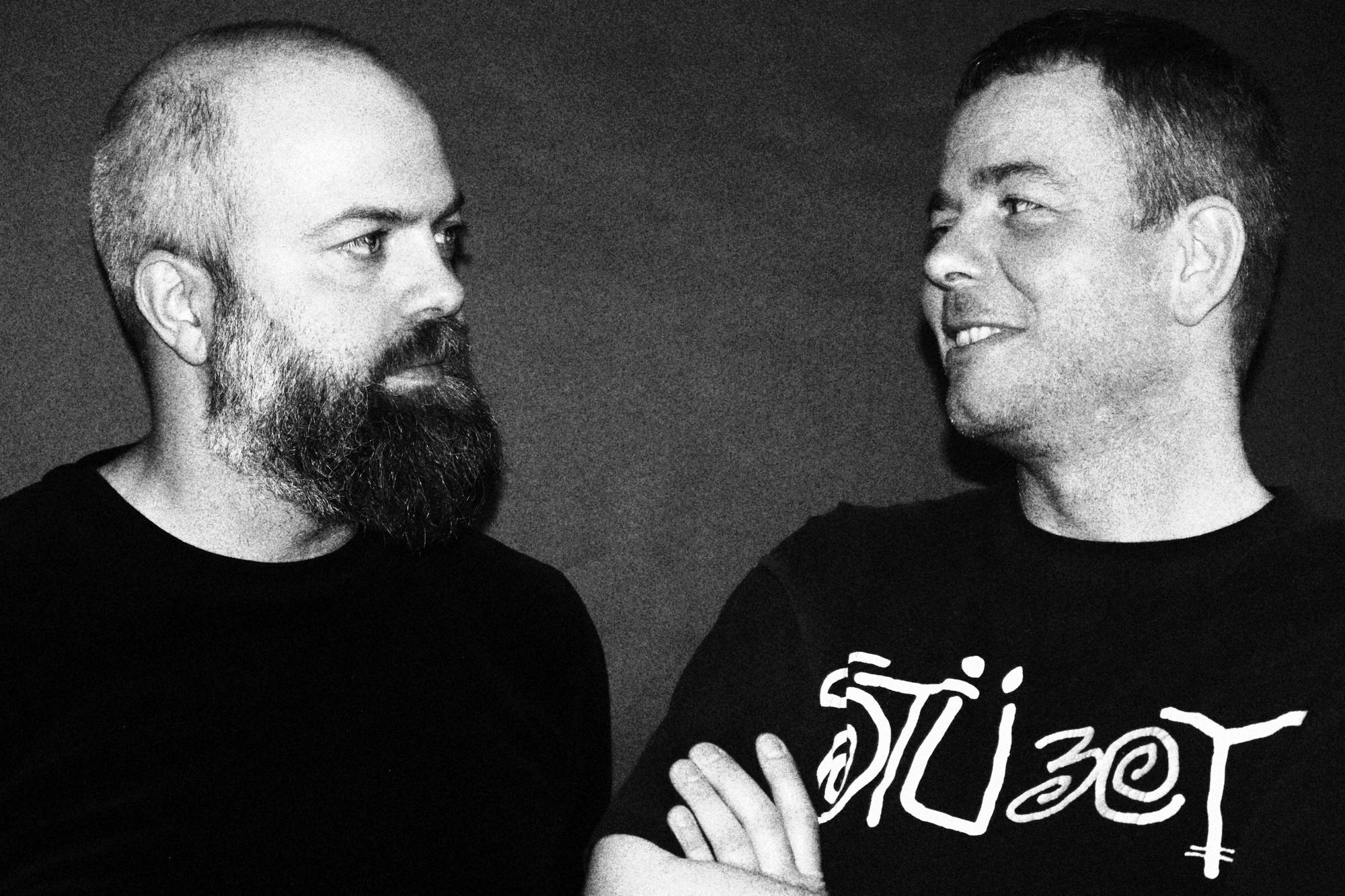
Trommel: Speaking of your working relationship, how and when was this set up?
Bjarnar: I first got to know who Jonas was when i delivered my first demo to Thule Records in 1997, when I was 18 years old. Jonas, being slightly younger than me, was already releasing under his alias Den Nard Husher and and Ruxpin amongst others. I was told he was kind of a prodigy, brilliant and shy – so we didn’t really talk back then. I was mostly working with Exos back in those days.
Jonas: We have known each other for almost 20 years now – through Thule Records when both of us lived in Iceland. We’ve always respected each other work, but never sat down for collaboration until around 2012.
Bjarnar: It was only when we were older and he came to live in Denmark that we started working together. I was doing some other music back then and Jonas helped me out with that. I slowly started to make Techno music again, sending Jonas the stuff I was working on back then and he started making different versions of my tracks. It worked out so well. He had that extra input I was missing in my productions in those days so we just kept going … and we still are.
Jonas: We didn’t really sit down and make guidelines on how we should do it. The work flow came quite naturally. We would exchange loops, work on them and see what we can bring to the table in order to improve them. After throwing files back and forth (sometimes 10-15x) we’d have something concrete.
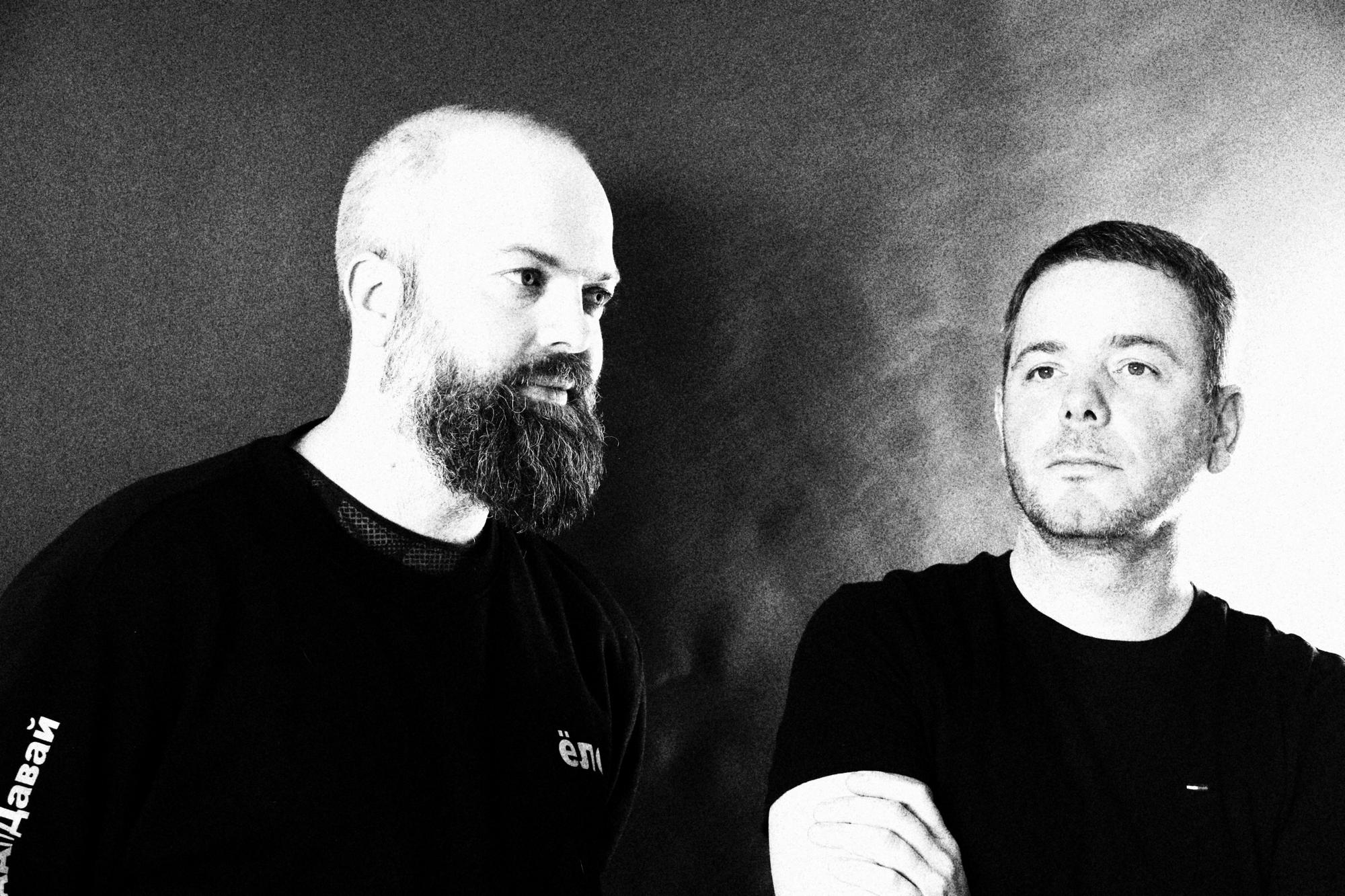
Have you ever encountered any issues with working remotely or do you find it works out well for you both?
Bjarnar: The only reason this works so well is that we are very responsive to each other online and willing to get the music done. We talk together almost every day, sometimes many times a day if we are working on something. It only works because we are always in constant contact around the things we are doing. We can talk to each other with respect and always work together to find a solution to any problems we have regarding the tracks in progress.
Jonas: We aren’t breathing over each other neck while working – so when can take our time and develop some ideas in peace. Sometimes having someone else in the studio can be a bit of a restriction.
Do you ever get the chance to get some studio time together or is all your joint tracks done remotely?
Jonas: I’d say pretty much all our tracks are done remotely. We will meet up in April in Copenhagen to do some studio time together, which will be the first time doing so in 7 years. I guess we’ll already be done with that when this interview is published.
Bjarnar: Sending endless loops via Dropbox, rendering ideas and so forth – but as Jonas said, he is coming over soon so there will be some music done. For a moment we’ll be able to work something on one single workstation, instead of constantly sending files online and working on two separate workstations.
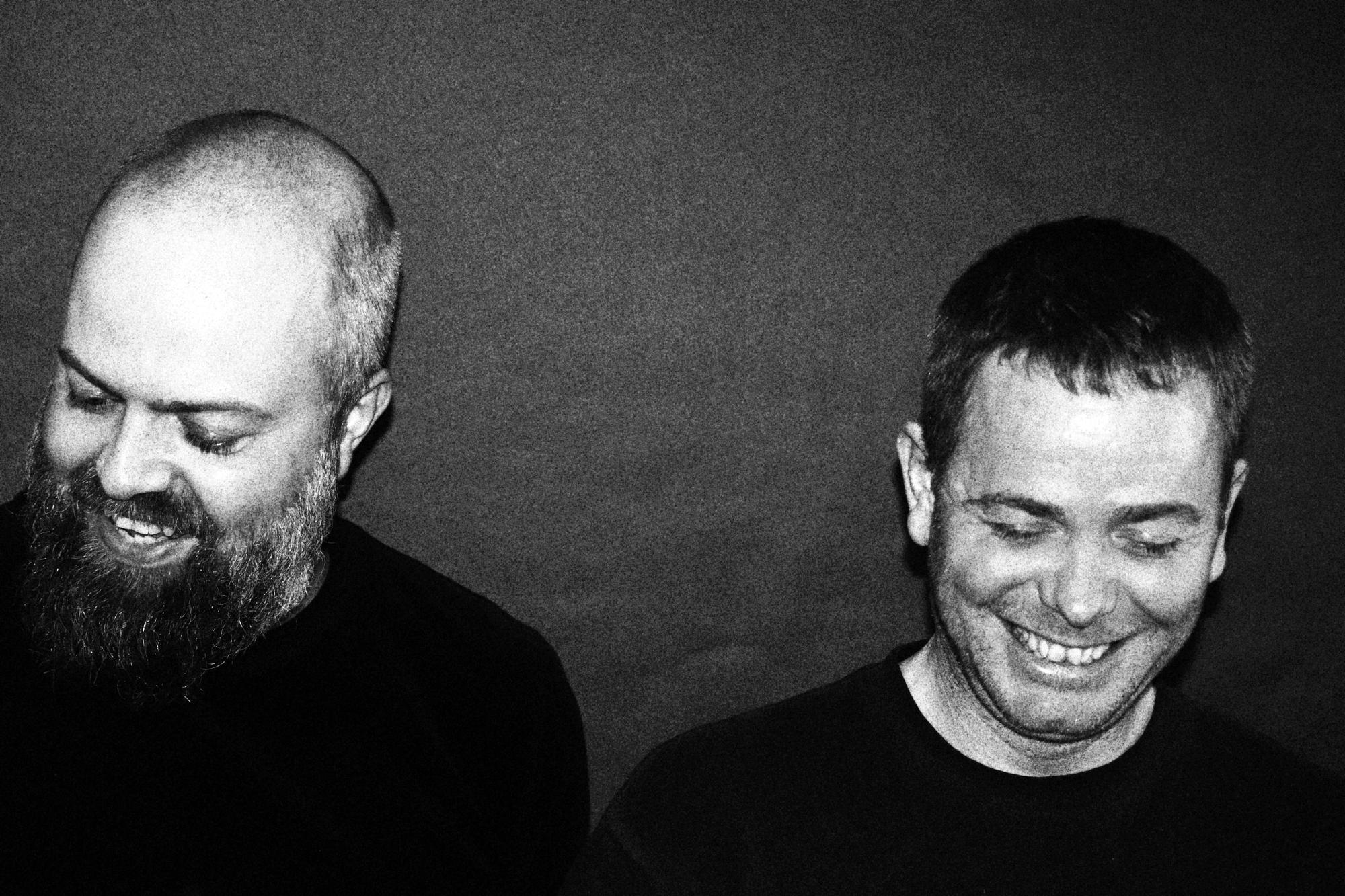
Do you have set roles at either end of the discussion?
Jonas: Not really. As mentioned earlier, we know well each other’s strength and weaknesses. I hardly step into a club. I’m more comfortable sitting at home at weekends and making music. I’m therefore sometimes out of touch by what is relevant in today’s scene. Bjarnar, however, is a brilliant DJ and knows what is current in the music scene – and what works (and what doesn’t) on the dancefloor. He has better idea what works in that sense – so I guess I’m more the geeky sound guy hiding behind the gear.
Bjarnar: We have this unsaid agreement that nobody is boss. We just work together to get the music done and sounding as good as we possibly can.
How do you handle the tricky process of the arrangement and the mixdowns?
Jonas: We are rough on each other. We’ve known each other for such a long time that we aren’t shy to tell what works and what doesn’t. I guess I have more saying about the mix down, while Bjarnar has more say about the arrangement. That is mainly due to his experience as a DJ. In the end, both arrangements and mixdowns are ready when we are both 95% happy about it. Nobody is ever 100% happy about anything when finishing arrangements nor compiling a mixdown.
Take your upcoming ‘Adaption’ EP on Andrey Puchkarev’s Luck of Access for instance, how did you construct the 3-track release?
Bjarnar: The Adaptation EP is made from tracks we have been working on and off for quite a while, but the track Weather Report came as something we worked on during the final process of the EP. Andrey ended up liking it as much as we liked it – so it became the closing track.
Specifically the track ‘Weather Report’, how did you come up with the theme for this track?
Jonas: The first draft had many channels on the DAW. We didn’t manage to get that track right. There were some lovely elements going on, but somehow it just didn’t click. We started removing channels – strip everything away, one channel at a time. In the end, we found out that the simpler we kept it, the more effective it was. The chords were the driving force of the track, and it even held its own groove without any assistance from drums whatsoever. It was more atmospheric and haunting than as we originally intended it to be.
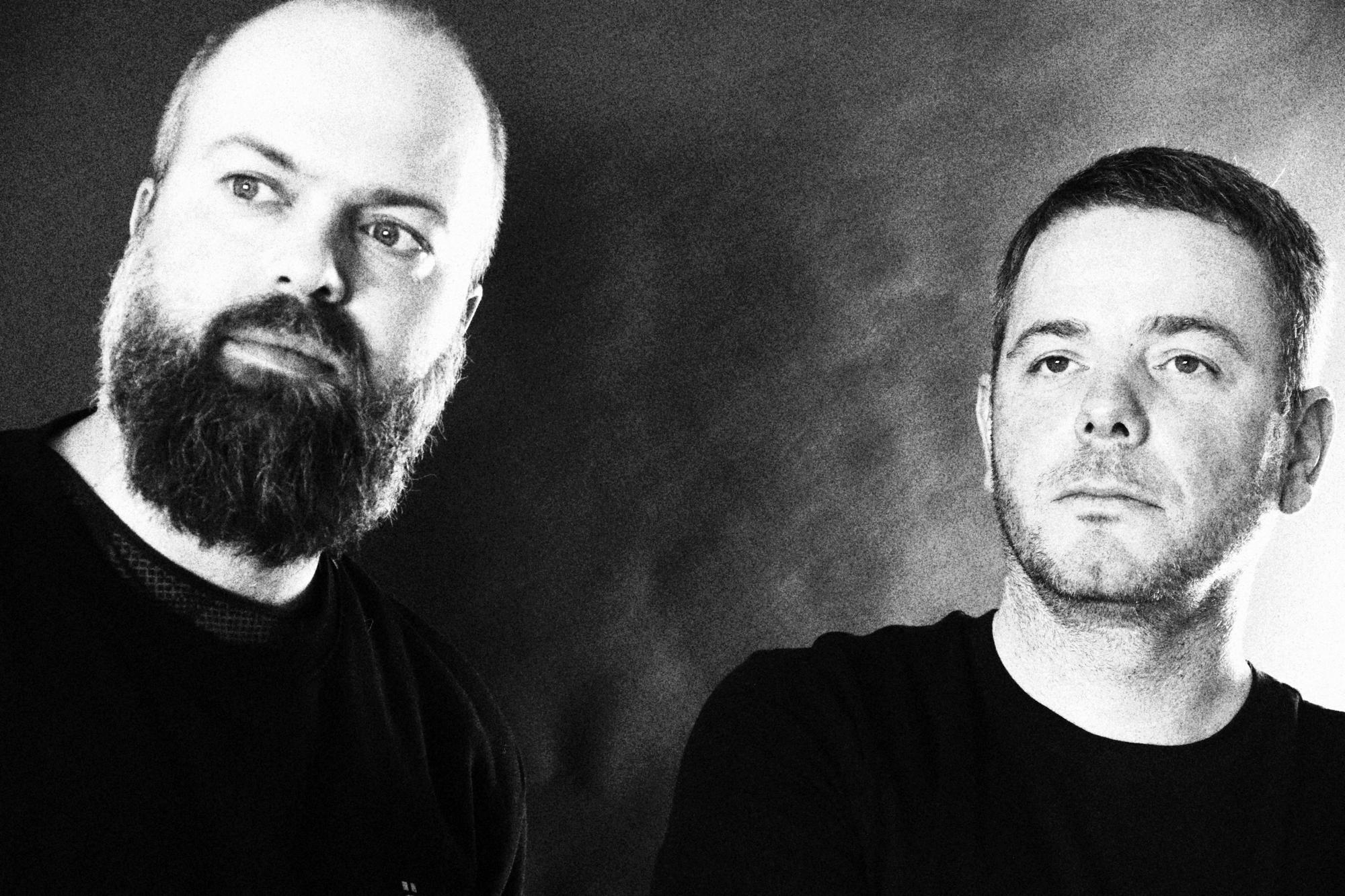
With you both being from Iceland do you intentionally reference your homeland in your music or is it just a natural characteristic of your style of music?
Jonas: We’re definitely not intentionally referencing our homeland in our music, but perhaps subconsciously it does play a role. I’ve heard mentions of “Icelandic sound” – and I guess it makes sense to a certain point. The Icelandic techno community is very close and intimate. We share ideas with each other and give each other pointers. No one is afraid to give constructive criticism – and I think that plays a role in how well the scene has developed. There is a healthy competition going on. If I hear a track from a fellow Icelander that I truly like, I’m very happy about that. But then shortly after I sit down and think: “I have to do better than that”. When other Icelandic musicians are doing well, it inspires us and keeps us on our toes.
Bjarnar: It also gave a certain freedom to just try to make our own sound. I’ve tried to replicate certain sounds during the years, but in the end, it has always gone in a completely different direction with my production. Icelandic music producers generally always have something in their tracks that is hard to find from the rest of the world. Why I don’t know.
You can check out YY Distribution for the pre-sale link here.
More info on Luck of Access
Facebook | Resident Advisor
More info on Octal Industries
Facebook | Resident Advisor
More info on Ohm
Facebook | Resident Advisor



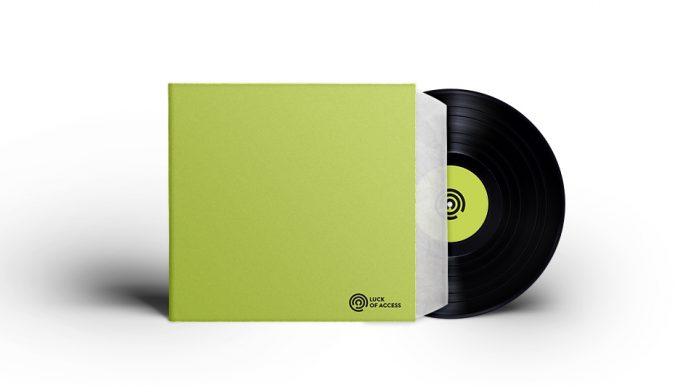


![Premiere: A1 – Havantepe – Hooting Owl [LOA002]](https://trommelmusic.com/wp-content/uploads/2018/09/unspecified-218x150.png)
![Premiere: A2 – mrelss – Season of Reason [AMAM044]](https://trommelmusic.com/wp-content/uploads/2026/02/label_side_A-Alessio-Mereu-324x235.jpg)
![Premiere: 2 – Santon – Only a Test (Alain de Saracho Remix) [SDR012]](https://trommelmusic.com/wp-content/uploads/2026/02/Santon-Only-a-Test-EP-Artwork-Alain-de-Saracho-100x70.png)
![Free Download: Zombies in Miami – What Ya Doing [TFD128]](https://trommelmusic.com/wp-content/uploads/2026/02/photo_2026-02-12-10.38.24-e1770892750337-100x70.jpeg)
![Premiere: 1 – DAT (Italy) – Not My Plan [SENS001]](https://trommelmusic.com/wp-content/uploads/2026/02/IMG_9750-Sensazione-Stupenda-100x70.png)
![Premiere: B1 – Kolhida – Break And Escape (Cezar Lazãr Remix) [TTM003]](https://trommelmusic.com/wp-content/uploads/2026/02/IMG_2883-Aleksandr-Gocheleyshvili-100x70.png)
![Premiere: A1 – JJ Fortune – Design [LNS10]](https://trommelmusic.com/wp-content/uploads/2026/02/1188556-100x70.jpg)
![Premiere: A1 – Alexander Skancke – Saga Of Subvision [QRK015]](https://trommelmusic.com/wp-content/uploads/2026/02/photo_2026-02-03_17-31-24-100x70.jpg)

![Premiere: A1 – Light Blue File – JUNIOR [RCR002]](https://trommelmusic.com/wp-content/uploads/2026/02/RCR.002.FRONT_.LABEL-Will-Gilliland-100x70.png)
![Premiere: A2 – Lisovskyi – Just One Good Whiff [FIB004]](https://trommelmusic.com/wp-content/uploads/2026/02/B-100x70.png)